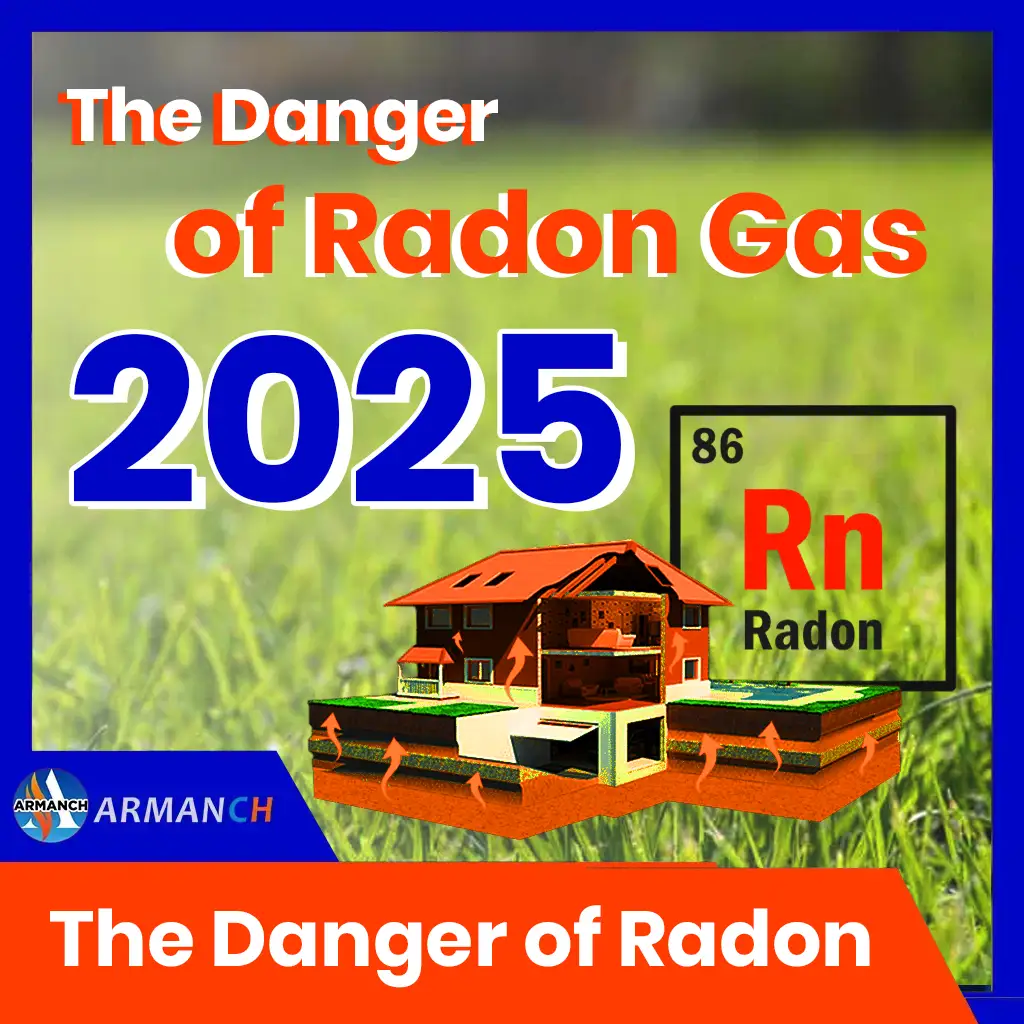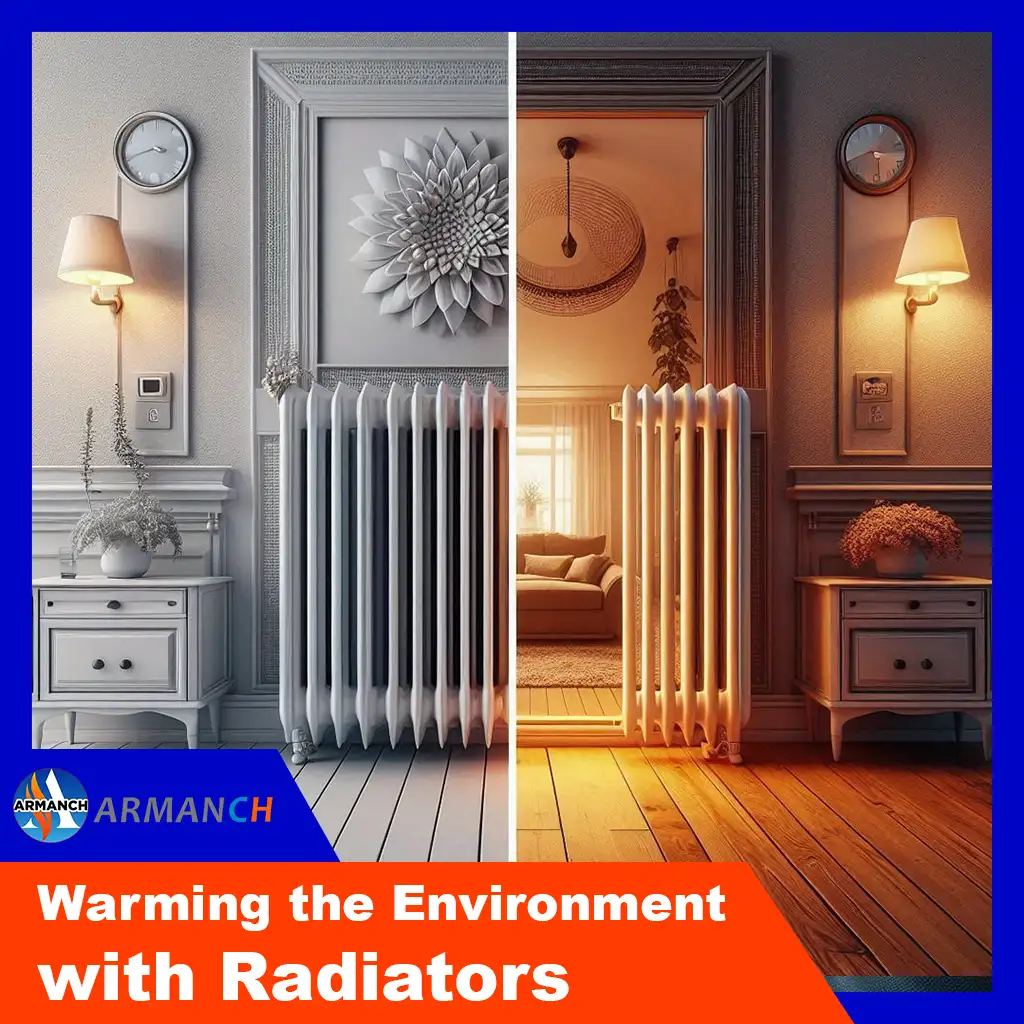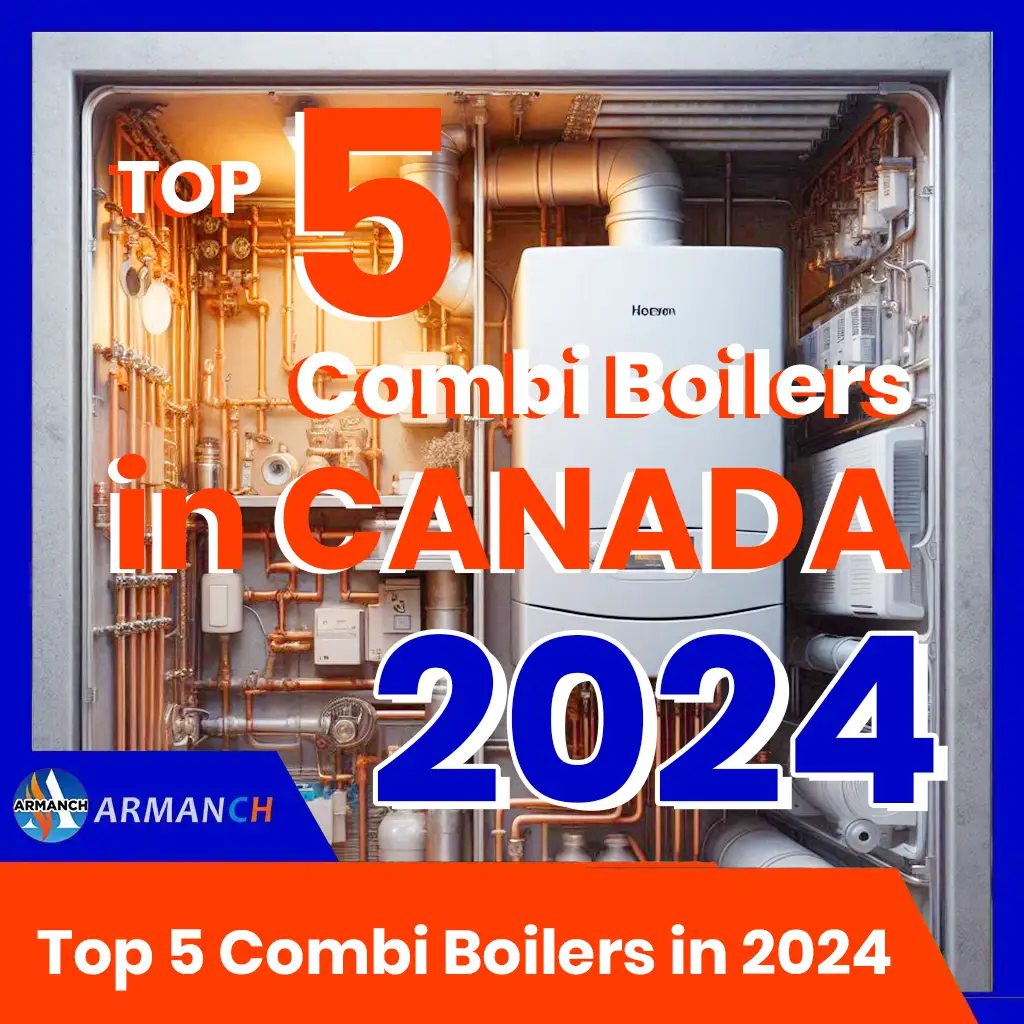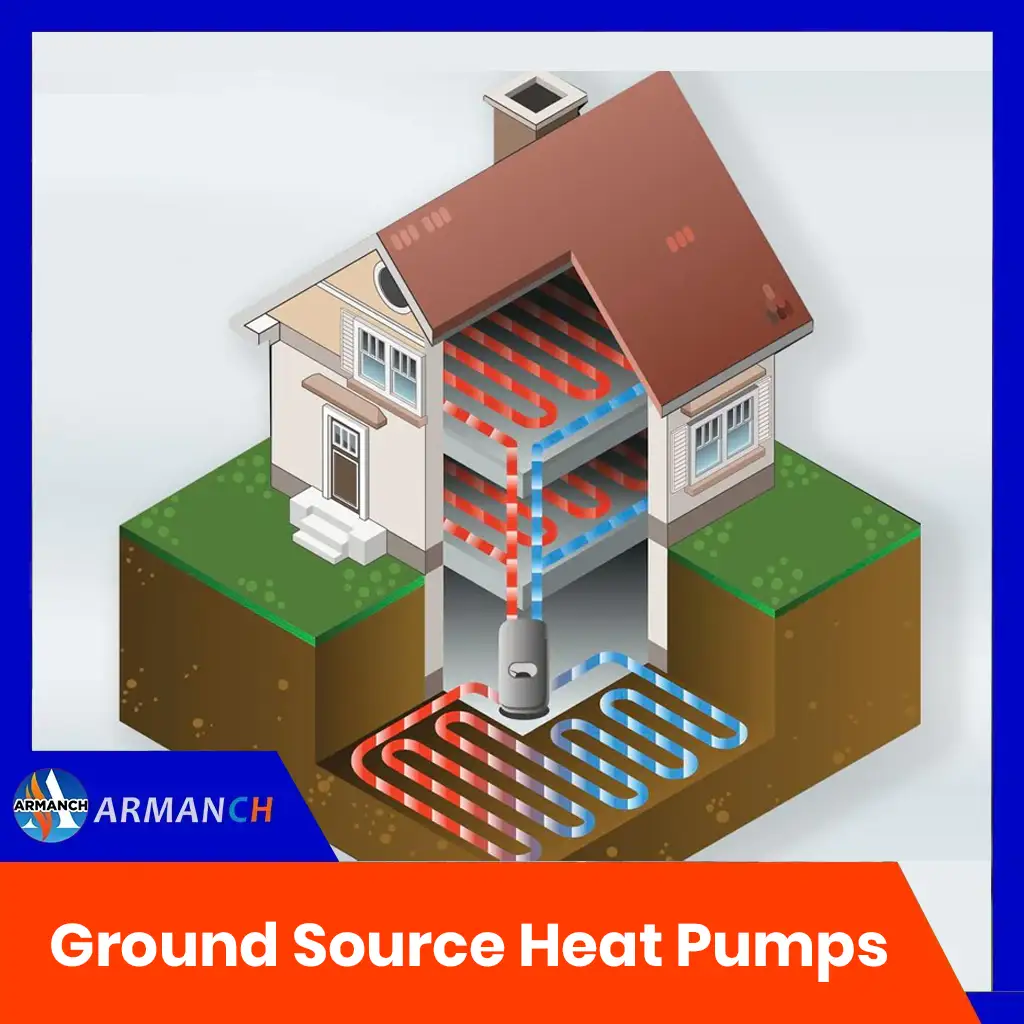
Radiators vs Space Heaters
Comparing Radiators and Space Heaters
Choosing between a radiator and a space heater depends on your heating requirements. Here’s a breakdown:
⦁ Radiators: These are part of a central heating system, ideal for warming an entire home or building. Hot water circulates through pipes connected to radiators in each room, radiating heat into the space.
⦁ Space Heaters: These are standalone units used to heat a specific area, like a room. They come in electric, gas, or oil options, and work by heating an element and using a fan (sometimes) to circulate warm air. Some may also use radiant heat.
Advantages of a Combi Boiler
⦁ Space-Saving: Combi boilers are compact and take up less space than traditional boilers, making them ideal for smaller properties.
⦁ Energy-Efficient: They heat water on demand and do not require a separate hot water cylinder, reducing energy consumption and lowering energy bills.
⦁ Convenient Hot Water: Combi boilers provide hot water on demand, so there is no need to wait for water to heat up or worry about running out.
⦁ Fast Heating: They can quickly and efficiently heat both central heating and hot water, making them ideal for homes with high hot water demand.
⦁ Easy Installation: Combi boilers are relatively simple to install and do not require a separate hot water cylinder, reducing the cost and complexity of installation.
⦁ Low Maintenance: With few moving parts, combi boilers are easy to maintain and have reduced needs for repairs and maintenance.
⦁ Versatile: Suitable for a wide range of properties, combi boilers can be used in both large and small homes.
⦁ Cost-Effective: Generally, more cost-effective than traditional boilers, both in terms of initial purchase price and long-term energy savings.
Consider these factors when deciding:
⦁ Space to Heat: For large areas, a radiator system is better as it heats multiple rooms at once. Space heaters are suitable for single rooms.
⦁ Energy Efficiency: Radiators can be more efficient, distributing heat throughout the building. However, insulation and system age can affect this.
⦁ Cost: Radiator systems are generally more expensive to install but can be more cost-effective in the long run due to efficiency. Space heaters are cheaper upfront but might be more expensive to run.
⦁ Flexibility: Space heaters are portable and can be moved around. Radiators are fixed in place.
⦁ Maintenance: Radiators require more maintenance due to more components. Space heaters generally require less.

How Radiators and Space Heaters Work
Both transfer heat, but in different ways
⦁ Radiators: Hot water from a central boiler circulates through the radiator, transferring heat to the air through convection. Warm air rises, and cooler air is drawn back to be reheated.
⦁ Space Heaters: Electric heaters use electrical resistance to generate heat. As electricity flows through a metal element, it heats up, transferring heat to the air through convection. Some heaters use a fan for better circulation.

What Are the Roles of Radiators and Space Heaters in Maintaining Your Heating System?
Regular maintenance ensures efficient operation and extends lifespan:
Radiator Maintenance:
⦁ Bleeding: Remove air pockets using a radiator key to improve efficiency.
⦁ Leak Check: Look for leaks or rust; get them repaired promptly.
⦁ Cleaning: Regularly dust the radiator with a soft cloth for better heat transfer.
Space Heater Maintenance:
⦁ Filter Cleaning/Replacement: Clean or replace filters regularly to maintain efficiency and prevent overheating.
⦁ Electrical Check: Ensure electrical connections and wiring are secure and in good condition.
⦁ Professional Service: Schedule annual professional servicing to ensure proper operation and identify potential problems early.
By considering these points and performing regular maintenance, you can choose the best heating solution for your needs and keep your system running smoothly.
- HVAC-R
- Design and Permit Services
- Hydronic & Hot Water Services
- Heating and Cooling Services
- Air Conditioning Services








